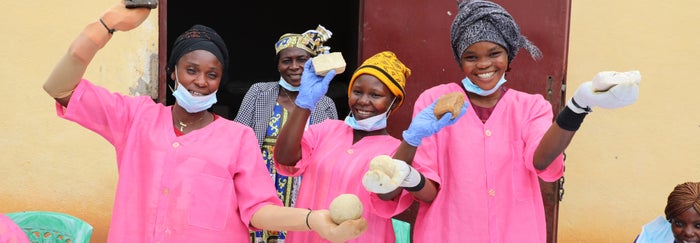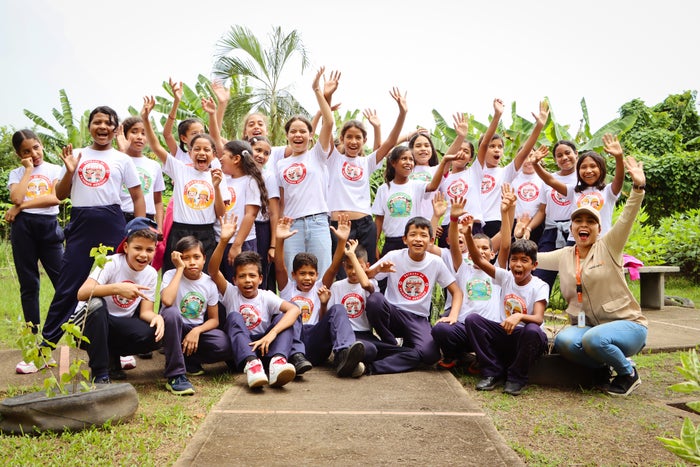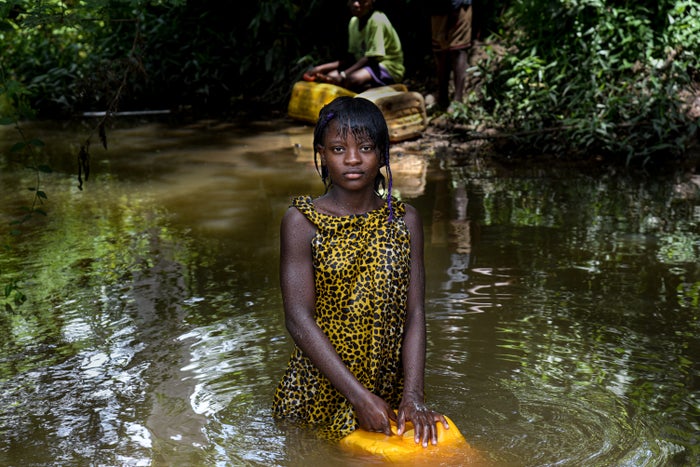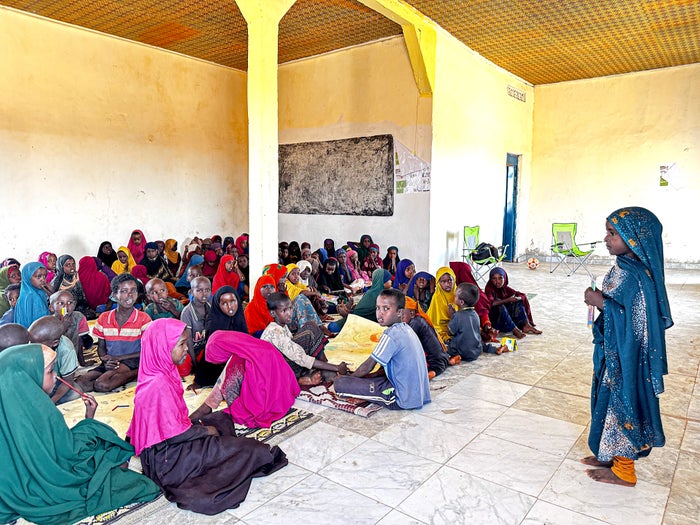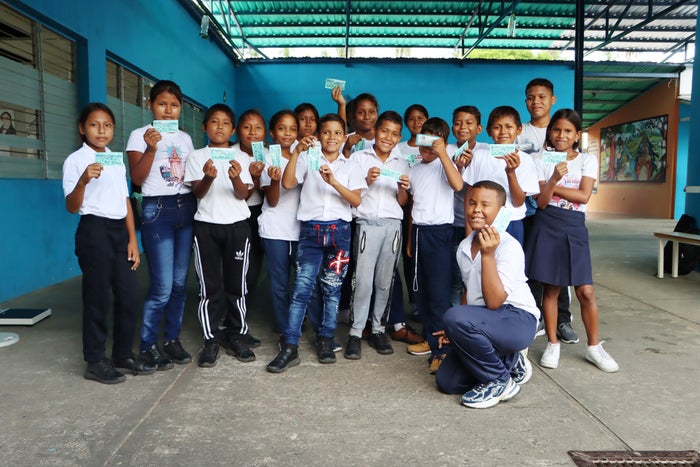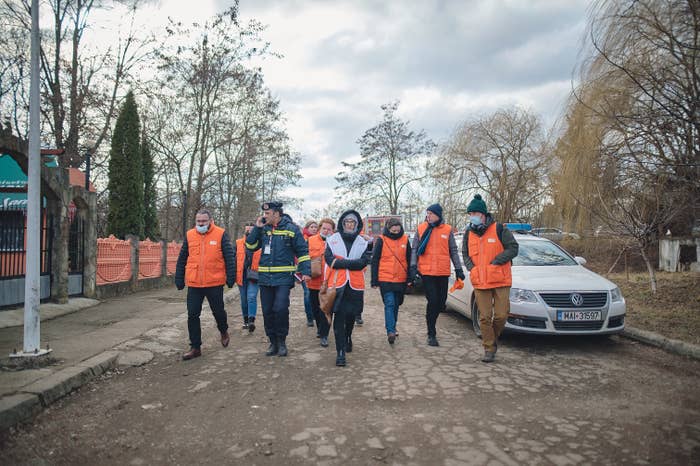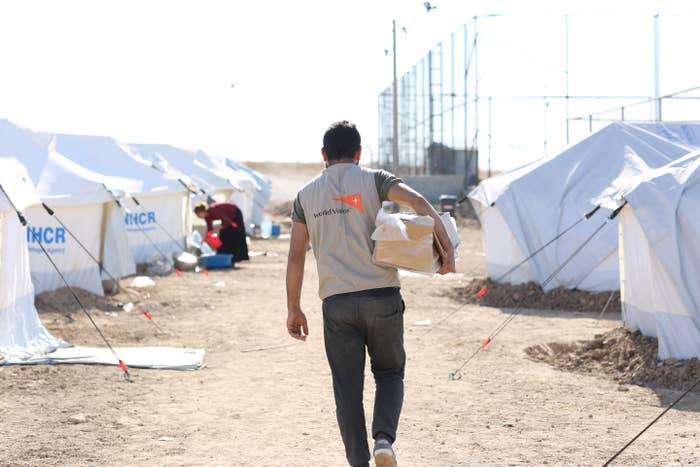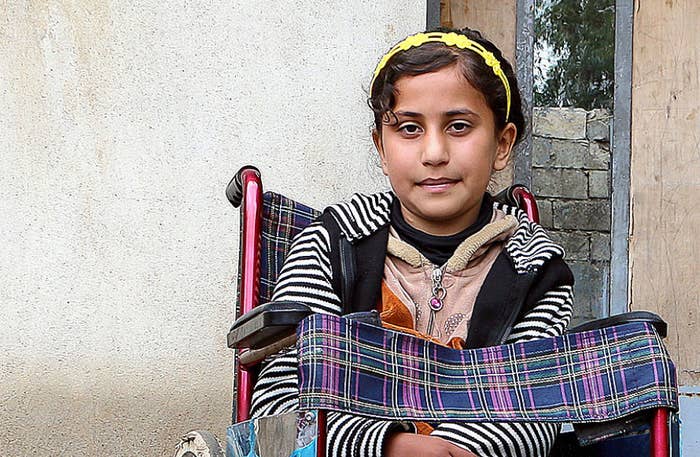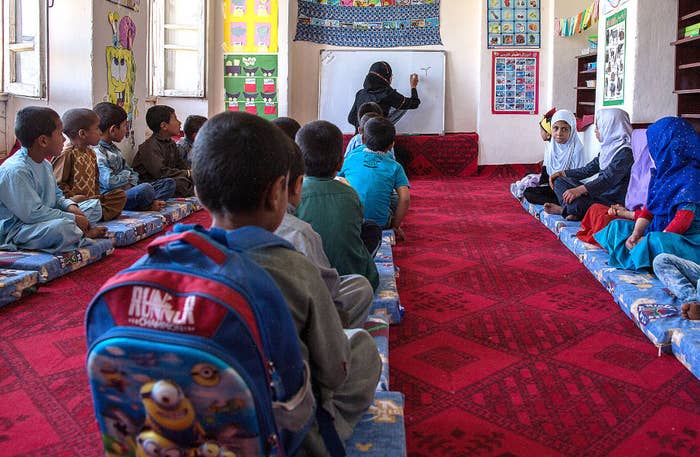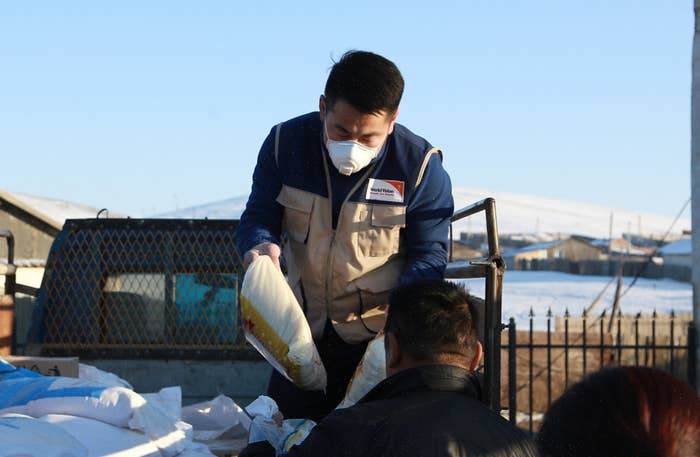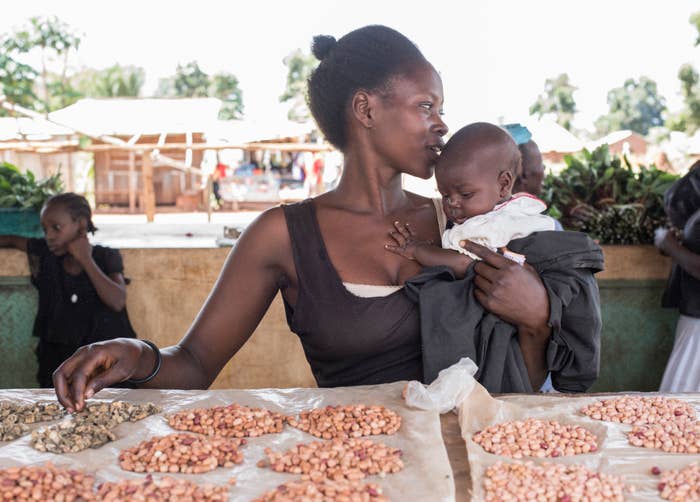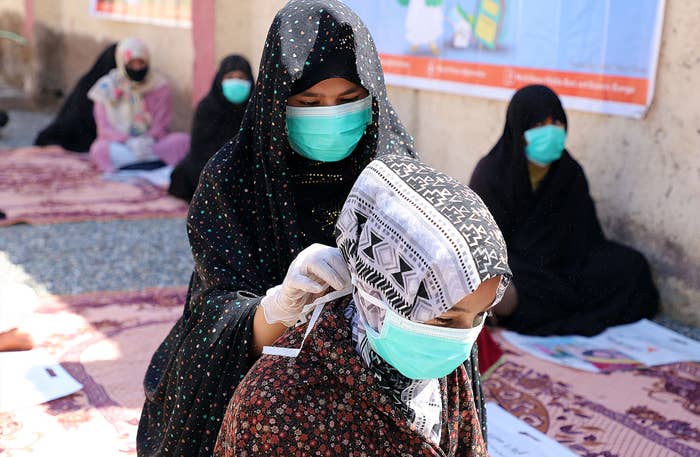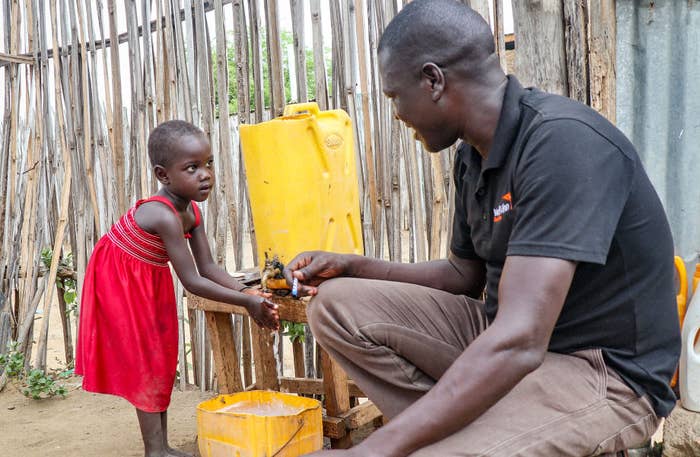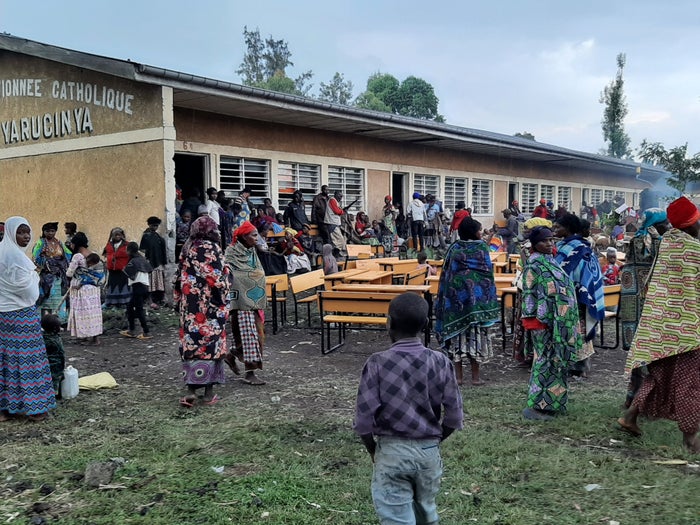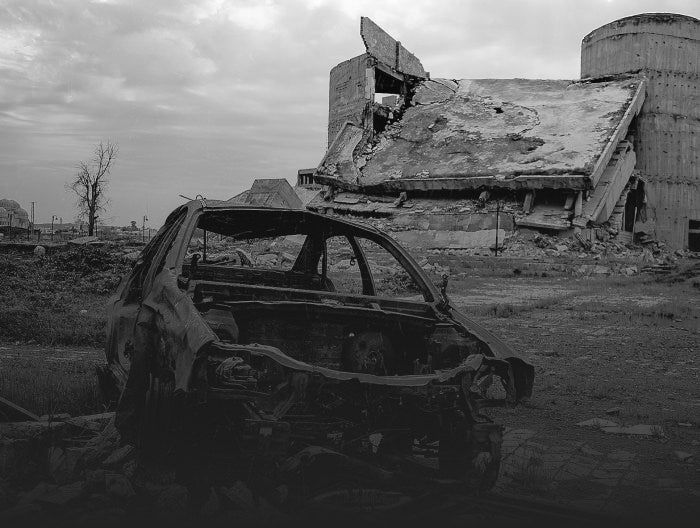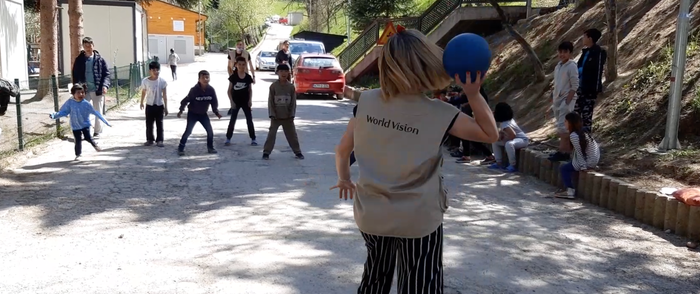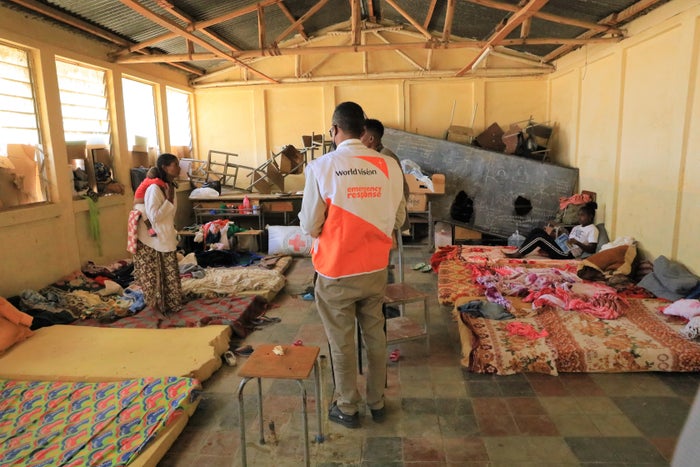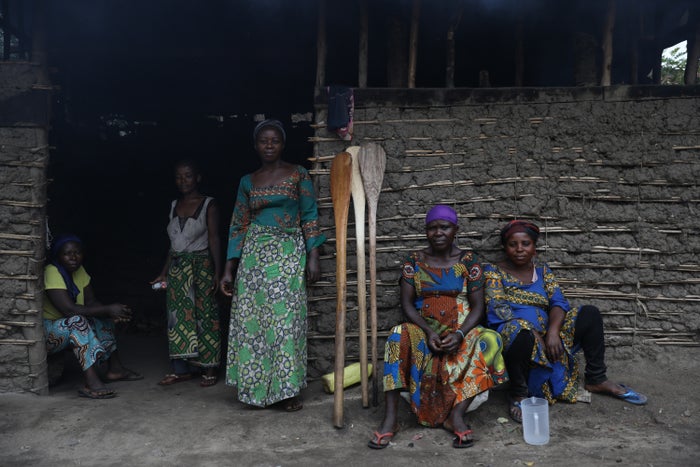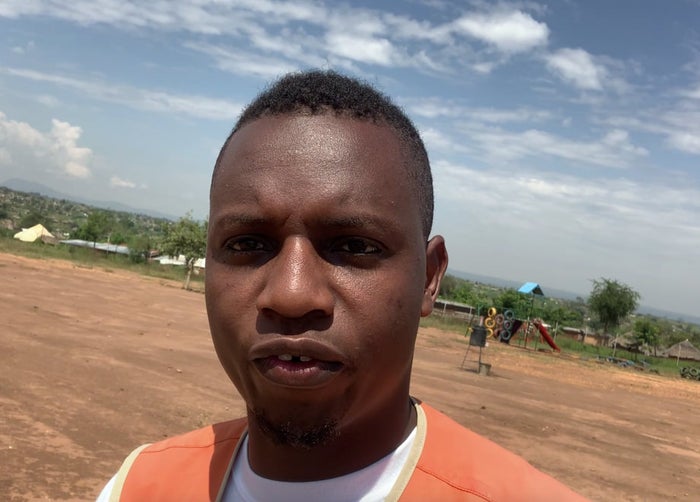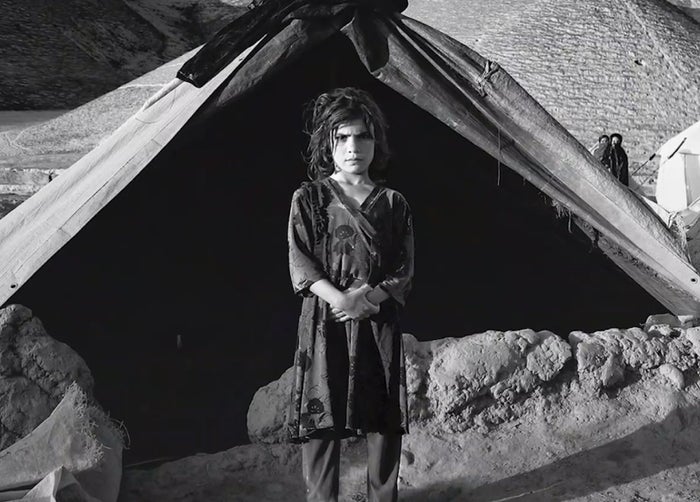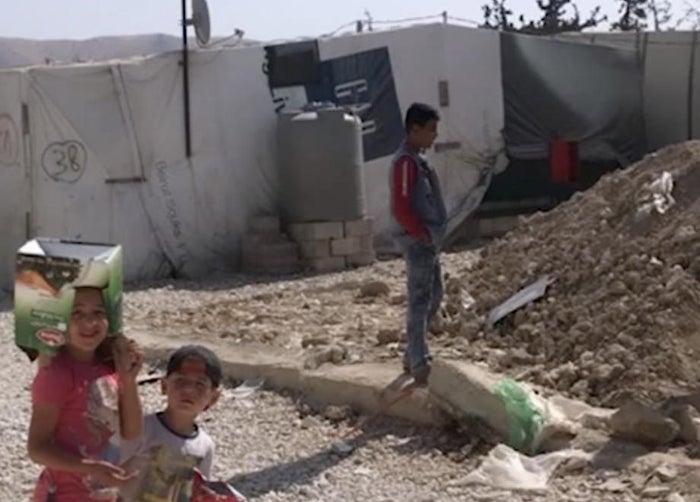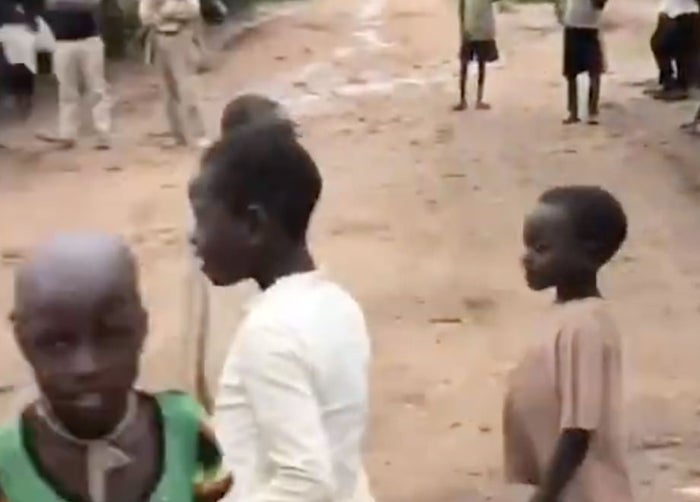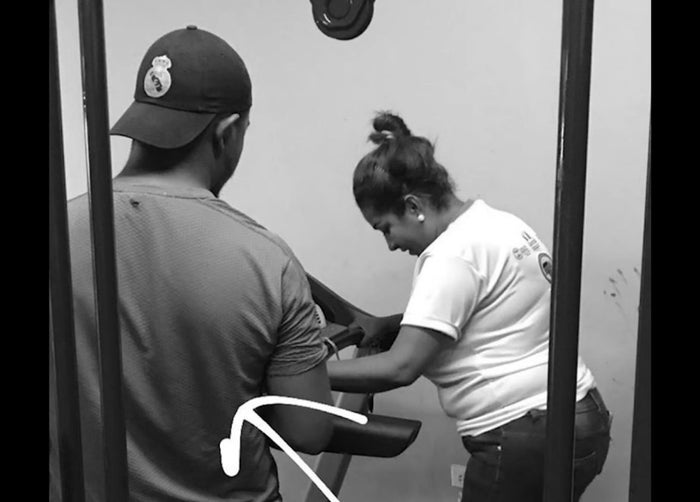Featured
FeaturedNo worms, no way!
Play :)
1000 strawberry flavored tablets just helped children in Venezuela eradicate worms and focus on, play!
Explore the Latest
See AllHelping the most vulnerable children survive, recover & build a future.
We go to the places others cannot reach, meeting urgent needs and staying to find solutions. Explore the most dangerous places, their issues & what we do to address them.
Connect with our staff
Meet our staff on the ground in dangerous places, join our upcoming livestream and ask us anything about our work and the countries we're investing in.
On the ground
Raw and unedited video content featuring World Vision staff in dangerous contexts world-wide.
Ask a question
Want to know more about our work in dangerous places? Find out what others are asking or ask us anything yourself!
"Isn't Lebanon a fragile context? How are you responding to the tragic explosion in Beirut on 4 August?"
Isabel — Spain
Rami ja Hans World Vision
We at World Vision Lebanon are saddened and horrified by the explosion which occurred in the Port area of Beirut on 4 August. Thousands of people have been injured. We are extremely concerned for the health and safety of the people of Beirut. Lebanon has three crises at present: the Syrian refugee crisis; the economic crisis that started in October; and then we have the Covid-19 outbreak that started in February. A fourth crisis now could be devastating. We are now taking stock of the damage and of the most urgent humanitarian needs. Watch more in this interview with CNN: https://video.snapstream.net/Play/4MjZolAMuqGvmjHI5faIl6?accessToken=cmhbnl0l4s5dy
"Can I sponsor a child in a dangerous place?"
Daniel — Australia
WV Teamlid – World Vision World Vision
Unfortunately, no. The basis of child sponsorship is stability, this enables us to track and help the sponsored child, their families and community for years if not decades until they are grown.
For children living in dangerous places instability is a difficult part of life. Life is unstable and fragile. Families may have to flee in the face of a natural disaster or social upheaval or chronic conflict. They may already have no homes and must survive in temporary shelter if armed conflict had already destroyed their home town or made life too dangerous to live there. Families are on the go and therefore we are unable to commit to look after children on the long run. But we are committed to vulnerable children whose realities are unstable. Raw Hope is for these children, they may not have stability but they still have a right to a future.
"Do people in a refugee camp ever really have a chance of going back to their home?"
Ed — Australia
WV Teamlid World Vision
The short answer is, yes, they do have a chance but sadly, it's complicated. Many factors play into it and these factors are most often out refugees' control. It could take years if not decades for a conflict to resolve. Young children who escaped the horror of the Khmer Rouge in Cambodia to live in the confinements of refugee camps in Thailand were in their 30s when they were allowed to return to their home country. Other times entire generations could grow up in "temporary" settlements.
Sometimes when refugees return, they find themselves in danger all over again. In 2019, many Syrians living as refugees in Lebanon returned to Syria after ISIS had been defeated. When violence flared up again in the Northeastern part of the country, their lives were at risk once again and they were forced to decide to stay or flee.




